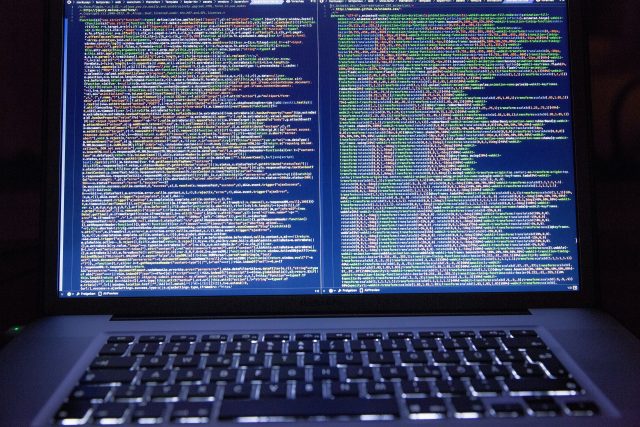
A US Investigation Stopped a Digital Scam Against the Vatican in Which a Company Tried to Sell Art Without Permission
The Vatican has recently suffered a scam that may have cost the Vatican museums several million euros, as reported by the American news site The Daily Wire. The investigation, which shed light on a theft defined as Hi-Tech, investigated on a very serious scam, through which numerous works of very high value from the Vatican Museum were sold off without any authorization from the Holy See.
Apparently, an Italian company, according to the reconstructions, was selling the licensing rights on the works of art of the Vatican Museums on the web without ever having received a mandate from the curia which thus found itself to be an unwitting part of a turnover of millions of Euros without any compensation arriving in the Vatican’s own coffers.
A New York lawyer who, in recent months, allegedly contacted an Italian publishing company on behalf of some of her clients, became aware of the scam in the early stages of the investigation to request a quote for the use of some images of the Vatican Museums that should have appeared in a forthcoming book. The professional had discovered, together with her clients, high-resolution images of the most famous places in the Vatican to which they wanted to buy the rights as soon as possible.
The estimate of about 550 thousand dollars presented to the American consortium by the publishing company contacted, however, made the lawyer suspicious who therefore decided to go to the bottom and find out what the titles of the interested parties were, also considering the promise that part of the proceeds from this sale would have gone straight into the coffers of the Vatican curia.
The Americans interested in acquiring the rights to use the high-resolution images of the Vatican’s works, including images of the Sistine Chapel, have requested all the necessary documents to prove that the Vatican Museums were aware of the negotiation so as to guarantee their successful but, in the face of these requests, the “selling” company would never have physically produced the requested documents but would have limited itself to guaranteeing their existence through an e-mail in which it said it was the sole assignee of similar sales by the Vatican same.
The certainty that things were not proceeding in a legal manner came when the Italian publishing company, despite never having provided the documents of guarantee requested by the “buyers”, requested, shortly before last summer, a bank transfer higher than the 82 thousand dollars defined as essential to continue with the operation of transfer of rights by the Vatican.
From the Vatican and more precisely from the deputy director of the Museums, Monsignor Paolo Nicolini, a note was published, according to which, any type of involvement on the part of the Curia in the attempted sale of rights to Vatican works of art was denied. However, there is a single document that would attest to a single collaboration between the company under investigation for the fraud, with the Vatican and dates back to 2015 when the Holy See granted official authorization for a photo shoot inside the Sistine Chapel.
The agreement in question, however, would have been valid for a single publication, moreover a limited edition costing 22 thousand dollars per copy and would not have provided for any subsequent reuse of the used images. The company apparently guilty of the attempted scam has already been contacted by various press bodies, both Italian and foreign, but has so far neither confirmed nor denied its involvement. Pope Francis, however, seems to have met Monsignor Nicolini, just after the publication of the investigation by the Daily Wire, to find out the details on what could have been the most serious digital scam suffered by the Vatican.



 Subscribe
Subscribe